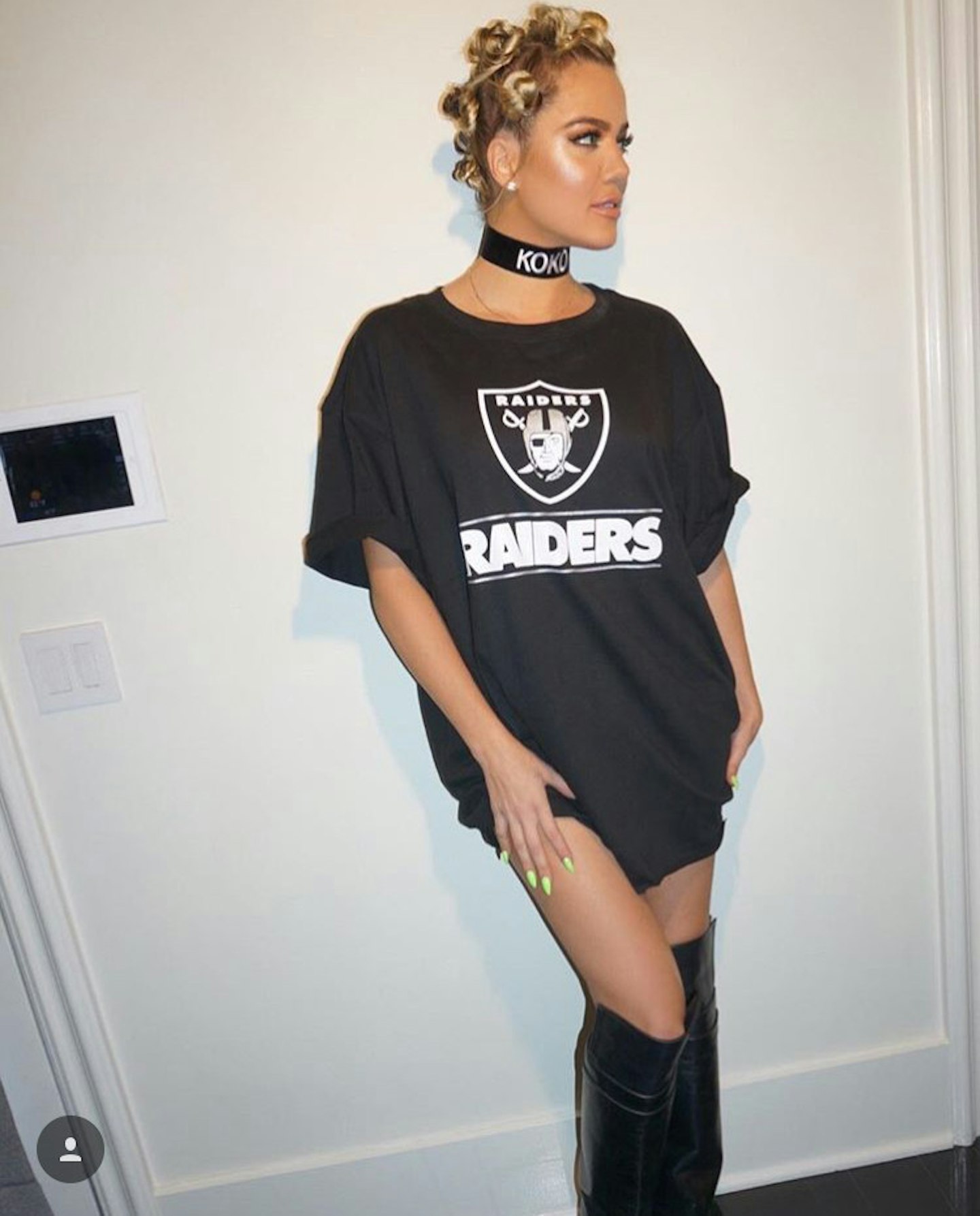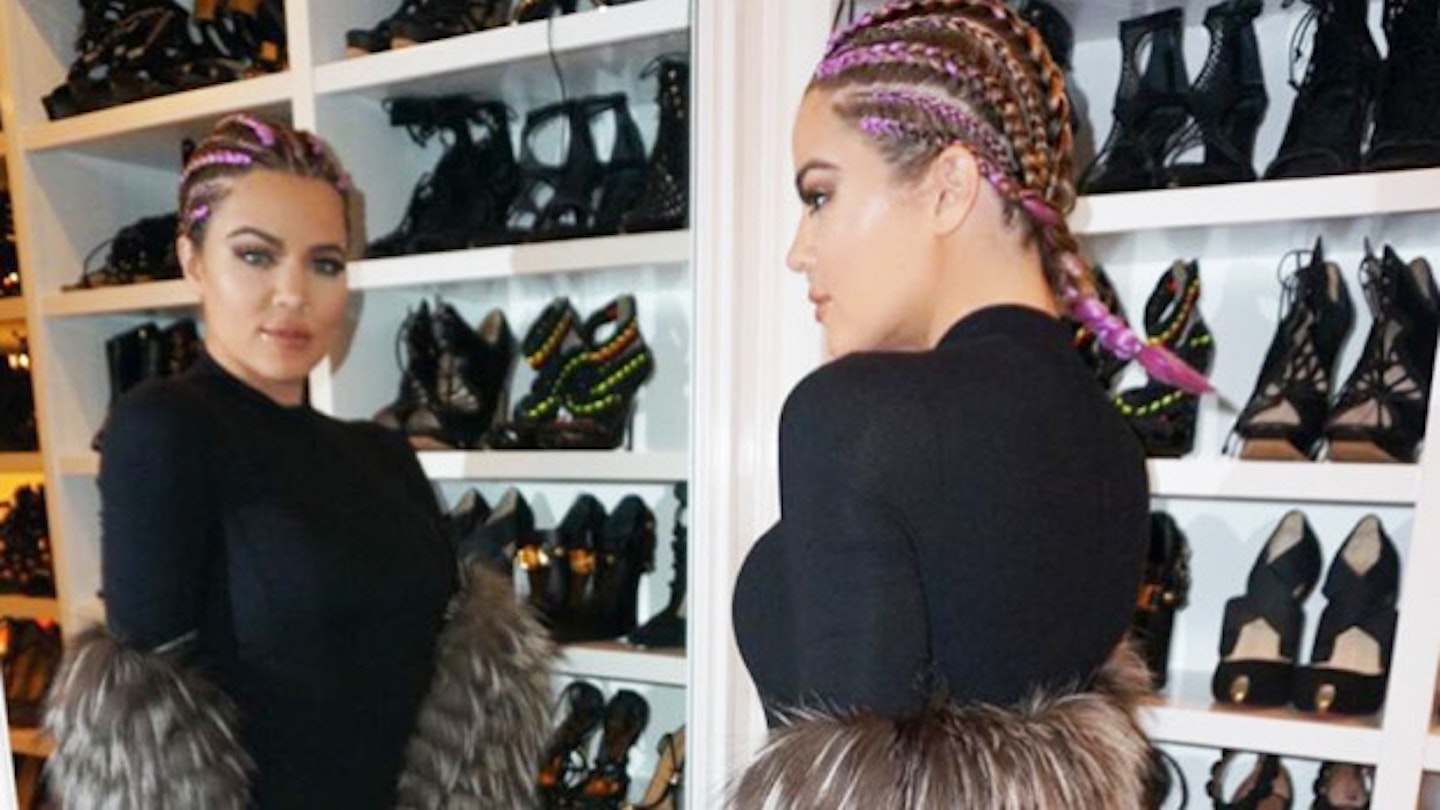Cultural appropriation is no new thing. The frequency with which we hear the term, however, has been on a steady incline for quite some time.
Examples range from the glaringly obvious and inappropriate, as highlighted by Reclaim the Bindior perpetrated by fashion brands like DSquared when they design entire collections based on Native American culture, to the more insidious. You know, the Miley Cyrus kind of appropriation where people feel awkward and say ‘hmmmm, is that really ok though?’.
Khloe Kardashian is the latest celebrity to be accused of cultural appropriation. However, this isn’t the first time she’s been called out. The current accusations centre around a picture she posted on Instagram of herself last week wearing bantu knots which she captioned ‘bantu babe’.

Commenters quickly jumped on the picture, calling her out on her hairstyle and asking her to remove the image. She deleted it and posted another picture of herself from the Kardashian selfie bank. She didn’t explain her actions nor did she respond to the criticism, she simply wrote ‘I like this one better.’
On Twitter people explained their anger and frustration:
Appropriating somebody else’s culture reduces it to little more than decoration when it often has far more significance. The wearer, often, is not aware of that significance. Equally, as some of these comments point out, it can highlight and reinforce the inequalities between different cultures. One person’s selfie-friendly accessory or newly discovered hair style might be something that another feels they can’t wear without being unfairly judged or stereotyped.
Speaking to The Debrief last year shortly after another Kardashian found themselves I culturally appropriated hot water, Taiba Akhuetie, co-founder of Keash Braids, whose parents are both Nigerian explained that while ‘cultural appropriation can be a positive thing’ which brings people ‘closer together’, ‘there’s a fine line’. She said that while she doesn’t feel there should ‘be rules on who can do or wear specific things as this causes segregation. It’s really important that the history is known and is not lost.’
Trying on a look that’s closely linked to somebody else’s identity or heritage, for the sake of fashion assumes a level of privilege. We live in a global and multicultural society, and it’s important to engage with other people’s customs and beliefs. However, it’s important to do that in a way that’s sensitive, empowering and acknowledges where the style comes from, not just for the sake of a selfie with a throwaway caption.
You might also be interested in:
Don't Want To Look Like A Dick At Notting Hill Carnival - Here's What To Wear And What Not To Wear
Follow Vicky on Twitter @Victoria_Spratt
This article originally appeared on The Debrief.
